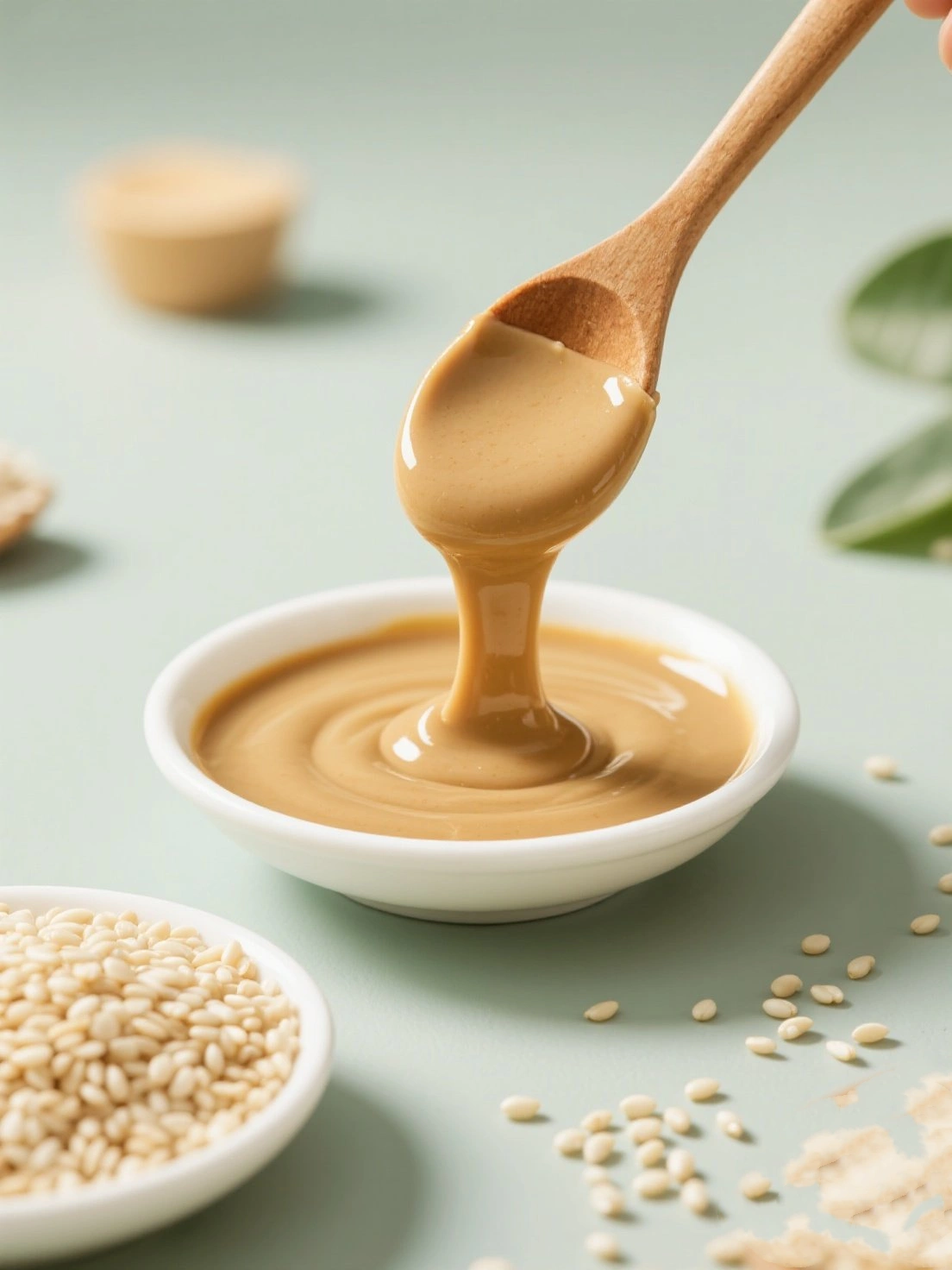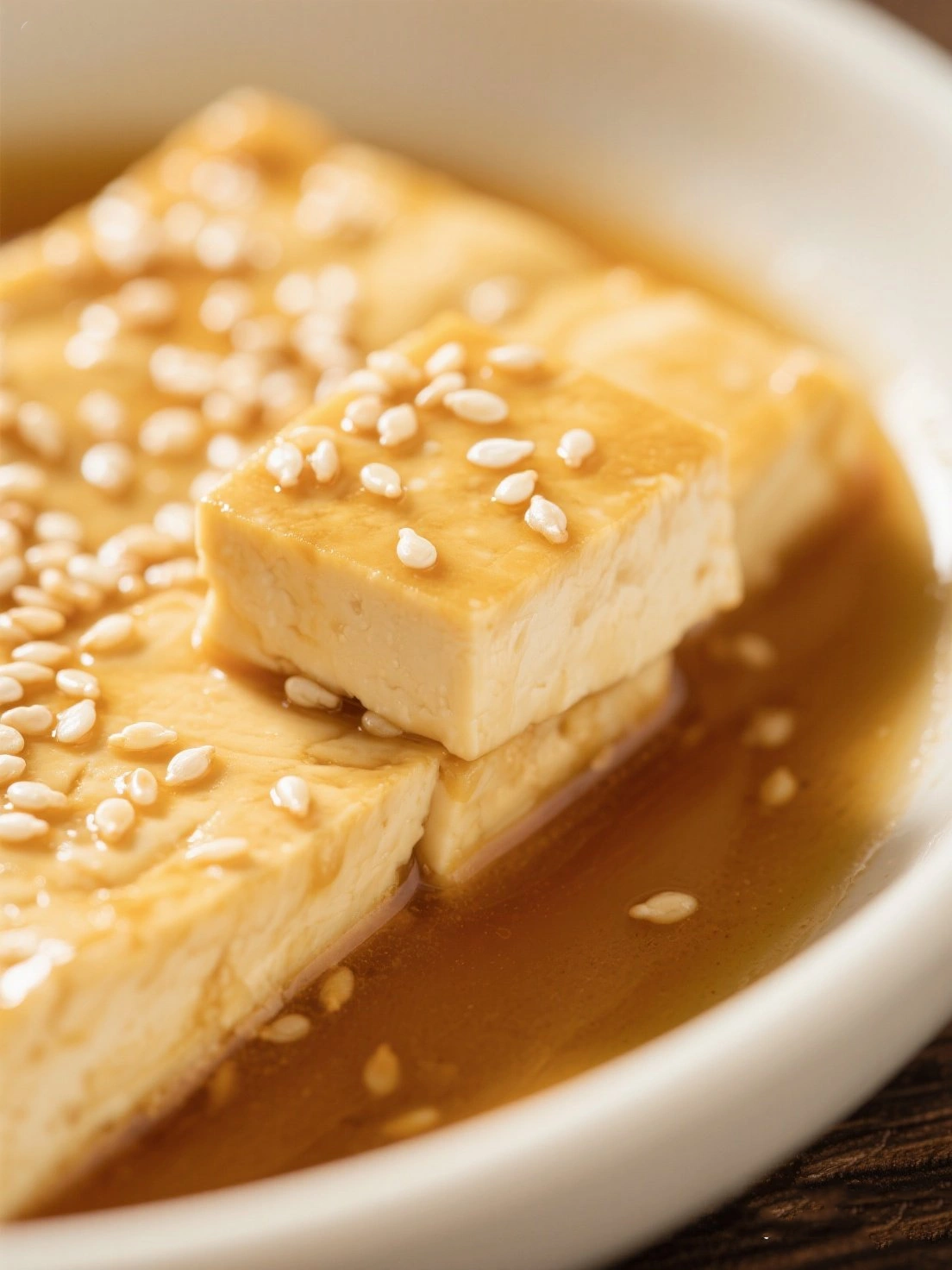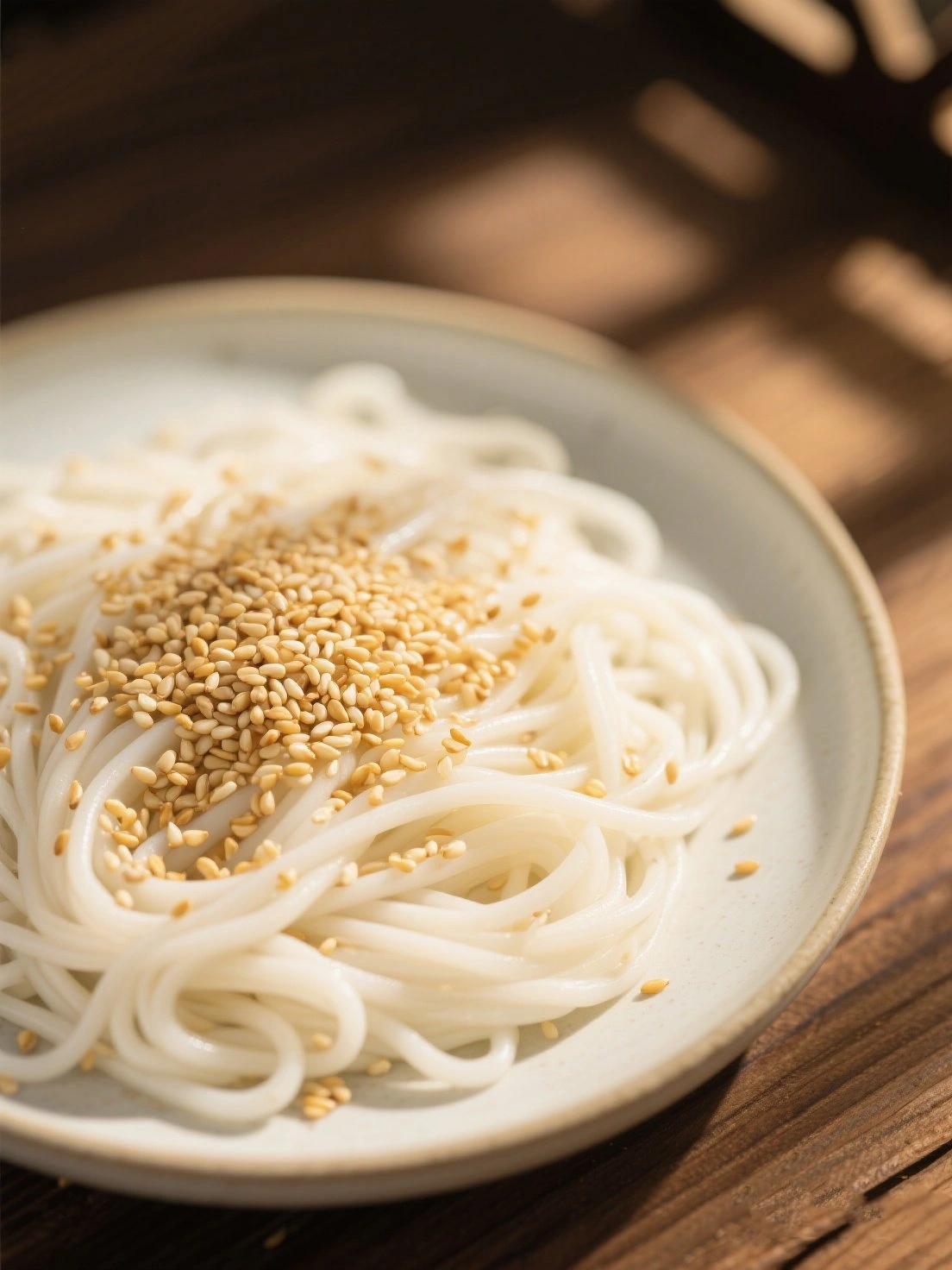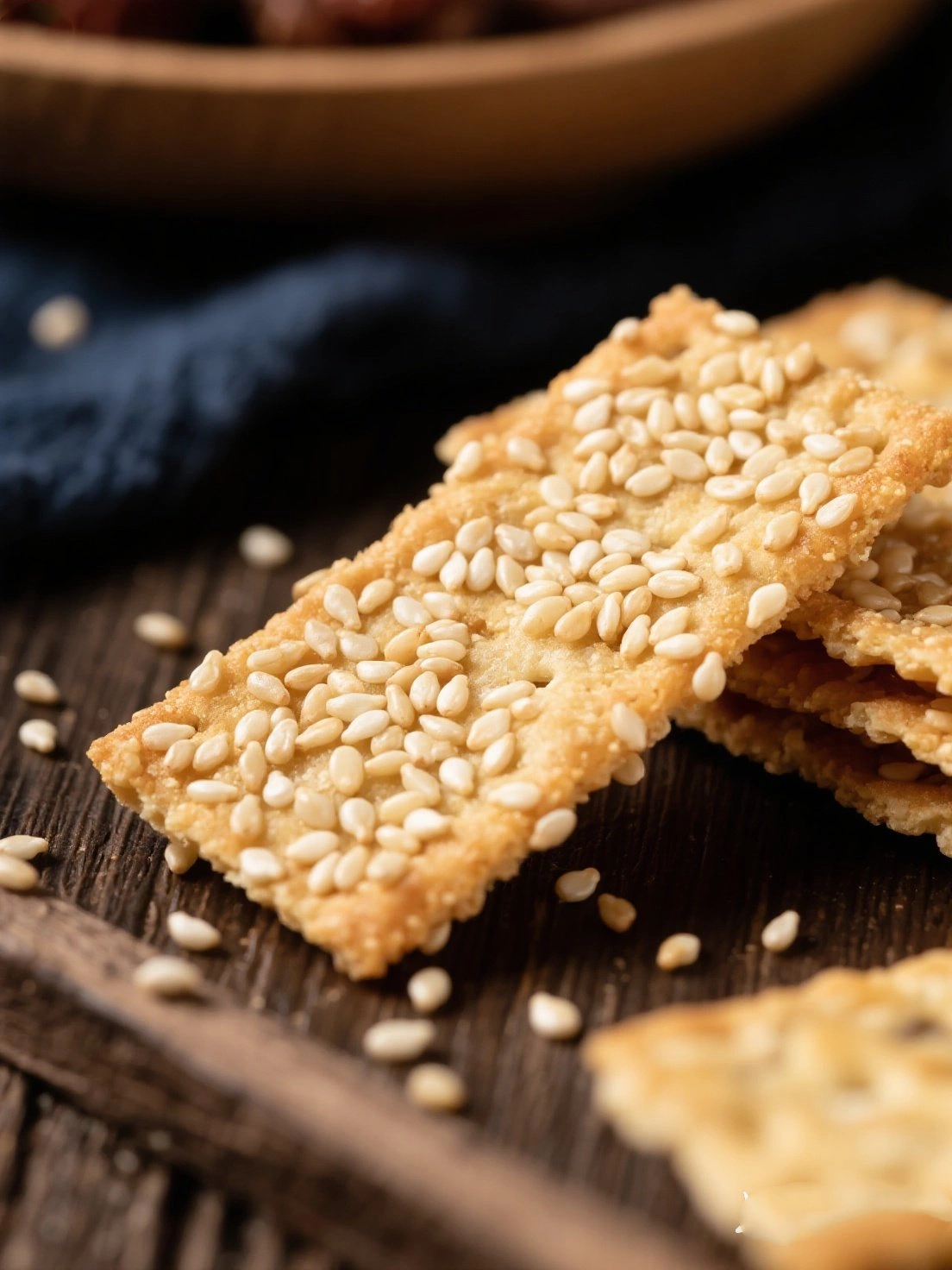Nutritional Value and Health Benefits of Sesame
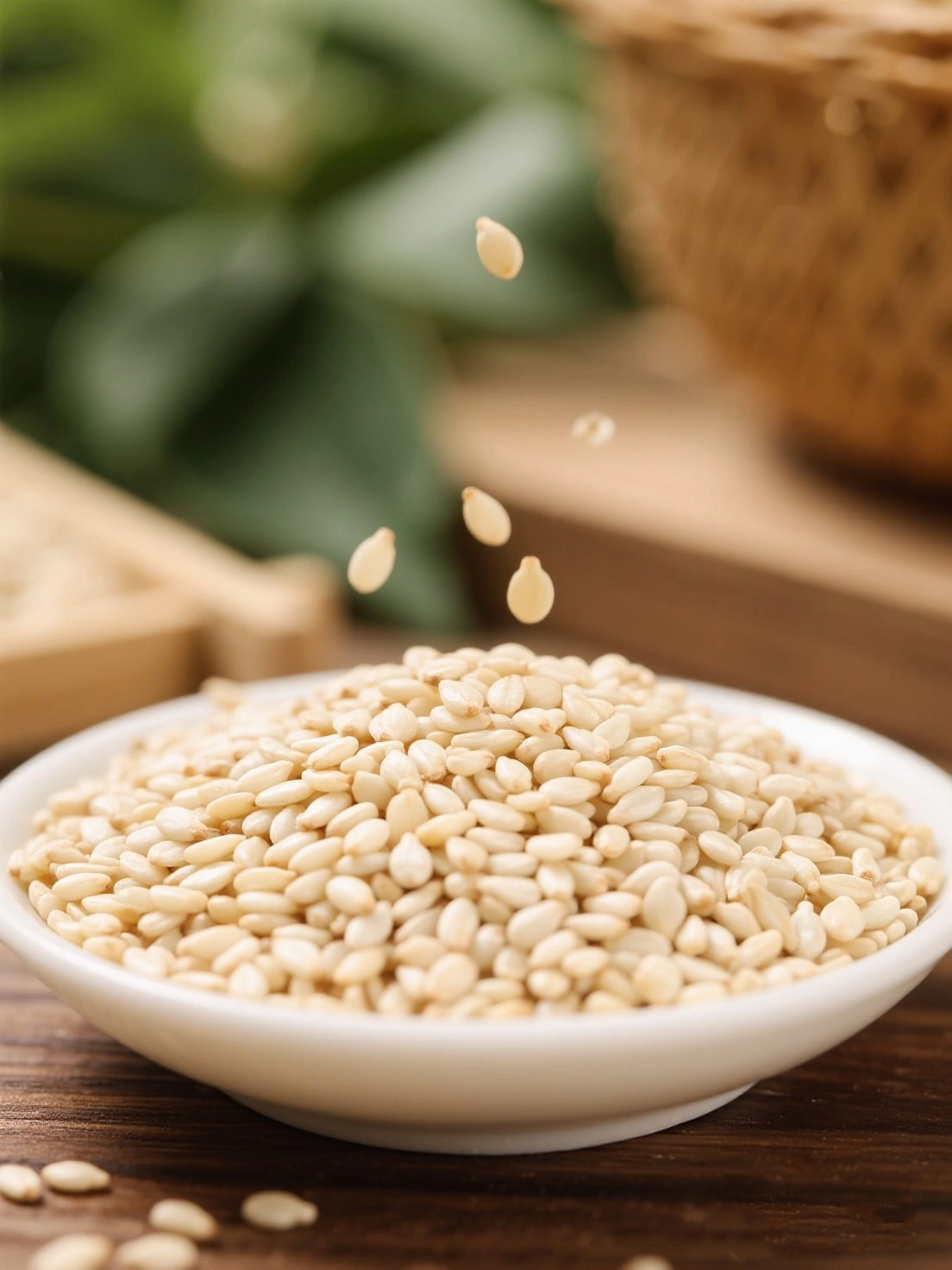
Nutritional Composition (per 100g white sesame seeds)
- Calories: 573 kcal - energy-dense superfood
- Healthy Fats: 50g - mostly unsaturated fatty acids
- Protein: 18g - contains all essential amino acids
- Fiber: 12g - supports digestive health
- Vitamins: B vitamins, Vitamin E (powerful antioxidant)
- Minerals: Calcium, magnesium, iron, zinc, phosphorus
Health Benefits
- 🌱 Rich in lignans with antioxidant properties
- 🌱 Supports heart health with healthy fats
- 🌱 May help lower cholesterol levels
- 🌱 Good source of plant-based calcium
- 🌱 Contains sesamin and sesamolin with anti-inflammatory effects
Tip: To maximize nutrient absorption, lightly toast sesame seeds before consumption to break down phytic acid.
Sesame Cultivation Guide
1
Climate & Soil
- Thrives in warm climates (25-35°C)
- Requires well-drained sandy loam soil
- pH range of 5.5-8.0 is ideal
2
Planting
- Plant when soil temperature reaches 21°C
- Sow seeds 1-2cm deep in rows
- Space plants 15-20cm apart
3
Growth Care
- Requires minimal water (drought-tolerant)
- Weed control is crucial in early stages
- Watch for pests like aphids and whiteflies
4
Flowering
- Flowers appear 6-8 weeks after planting
- Self-pollinating flowers
- Each flower produces a seed capsule
5
Harvesting
- Harvest when leaves turn yellow and drop
- Capsules should be dry but not split open
- Cut plants and dry before threshing
Summary: Sesame grows in 90-120 days from planting to harvest, requiring warm temperatures and well-drained soil.
Sesame Farming Techniques
Learn about commercial sesame cultivation from planting to harvest
Delicious Sesame Recipes
From traditional dishes to modern creations - explore various ways to enjoy sesame!
Sesame Recipe Video Tutorials
Follow along with these videos to easily create delicious sesame dishes from around the world.
